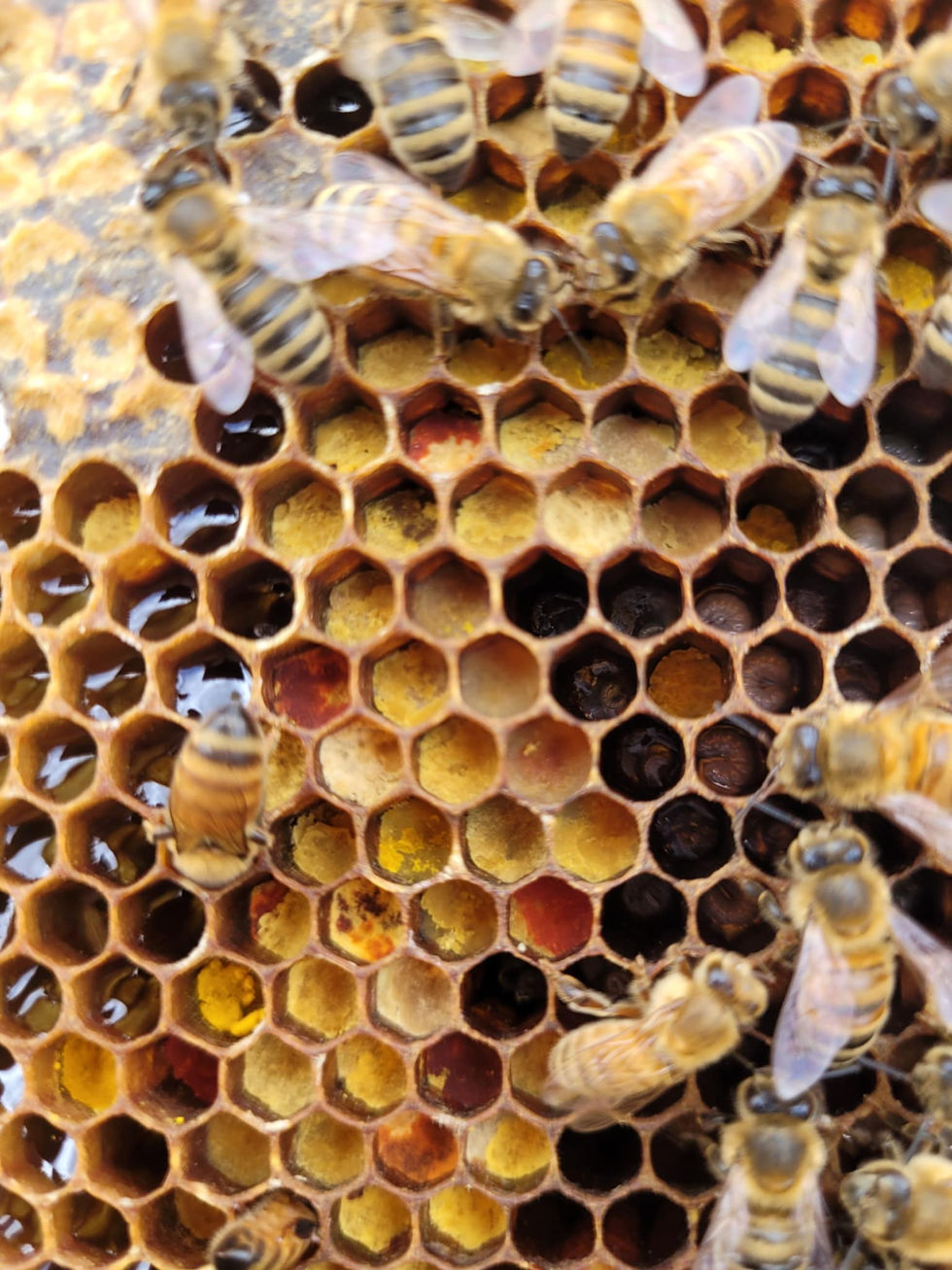Homesteading and why it's gained so much traction
- Elizabeth McKeough
- Jun 22, 2024
- 2 min read
Homesteading has become increasingly popular in recent years as people seek to become more self-sufficient and sustainable in their lifestyles. The impact of homesteading on the food system is significant, as it allows individuals to produce their own food, reducing their reliance on industrial agriculture and the fragile food system that can be easily disrupted by external factors such as climate change, disease, or supply chain disruptions.
One way to empower ourselves in the face of a fragile food system is to buy from local farmers and ranchers. By supporting local agricultural producers, we can help them thrive and ensure that our food is grown and raised in a sustainable manner. Local farmers and ranchers often have smaller operations that prioritize biodiversity, soil health, and animal welfare, leading to healthier and more environmentally friendly food choices.
Having our own gardens and raising chickens or other animals is another way to take control of our food supply and reduce our dependence on the industrial food system. Gardens can provide fresh fruits and vegetables, herbs, and even small amounts of meat or eggs, depending on the space and resources available. Chickens are a popular choice for backyard homesteaders, as they are relatively easy to care for and provide a steady supply of eggs. However, in neighborhoods with strict regulations, quail can be a great alternative to chickens, as they are smaller, quieter, and require less space.
Milk shares and farm shares are options for those who are unable to garden or raise animals themselves but still want to support local agriculture. Milk shares allow consumers to purchase a share of a dairy animal and receive a portion of the milk produced, while farm shares provide a weekly or monthly delivery of fresh produce, meat, eggs, or other products from a local farm. These options allow individuals to connect directly with farmers and ranchers and support sustainable agricultural practices.
Farmers markets are another valuable resource for empowering ourselves in the face of a fragile food system. By shopping at farmers markets, consumers can access fresh, locally grown produce, meat, eggs, and other products while supporting small-scale farmers and ranchers. Farmers markets also provide an opportunity to learn more about where our food comes from, how it is produced, and the people who grow it.
Overall, homesteading and supporting local farmers and ranchers are effective ways to mitigate the impact of a fragile food system. By taking control of our food supply, we can ensure that our food is healthy, sustainable, and resilient in the face of external challenges. Through gardening, raising animals, purchasing milk and farm shares, and shopping at farmers markets, we can make a positive impact on our food system and empower ourselves to make informed and sustainable food choices.





Comments